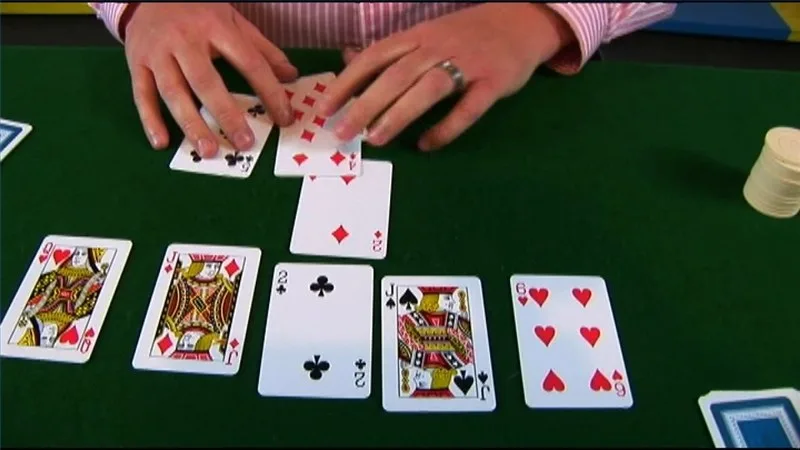
Omaha Poker: Mastering the Game from Basics to Advanced Strategies
Welcome to the ultimate guide on Omaha Poker, a game that has captivated the hearts of poker enthusiasts worldwide. This comprehensive guide aims to walk you through the history, rules, and strategies of Omaha Poker, enhancing your understanding and gameplay. Whether you’re a novice looking to learn the ropes or a seasoned player aiming to sharpen your skills, this guide has something for everyone.
Origins of Omaha Poker
Omaha Poker’s roots can be traced back to the 1980s, where it quickly gained popularity within the poker community for its complexity and depth compared to Texas Hold’em. The game’s inception is often associated with a Las Vegas casino, but its exact origin remains a blend of myths and facts.
As Omaha Poker evolved, it spread across the United States and beyond, gaining momentum in both brick-and-mortar casinos and online platforms. Today, it stands as a staple in major poker tournaments and a favorite among players seeking a challenging yet rewarding poker variant.
Understanding the Rules of Omaha Poker
Omaha Poker is known for its unique gameplay mechanics, where players are dealt four hole cards and must use exactly two of them in conjunction with three of the five community cards to make their best hand. This section delves into the betting rounds, hand rankings, and the importance of starting hand selection.
The game progresses through several betting rounds: pre-flop, flop, turn, and river, each offering opportunities to bet, check, raise, or fold. The complexity of Omaha lies in the numerous possible hand combinations, making strategic play crucial.
One of the key strategies in Omaha Poker is the careful selection of starting hands. With the abundance of possible combinations, understanding which hands offer the best potential can significantly impact your success.

Types of Omaha Poker Games
Omaha Poker comes in various formats, each with its own set of rules and strategies. This section explores the popular variants: Pot-Limit Omaha, Omaha Hi-Lo, and Omaha 5 Cards, among others.
Pot-Limit Omaha (PLO) is perhaps the most popular variant, known for its dynamic gameplay and high-action rounds. Omaha Hi-Lo, on the other hand, introduces the concept of the “low hand” winner, adding an extra layer of strategy.
Strategy and Tips for Winning at Omaha Poker
Mastering Omaha Poker requires not only an understanding of the rules but also the development of advanced strategies and mental fortitude. This section provides tips on reading opponents, managing your bankroll, and the psychological aspects of poker.
Advanced strategies include the importance of position, the art of bluffing in Omaha, and adapting your playstyle based on the game flow and your opponents’ actions.
Omaha Poker offers a rich and complex gaming experience that appeals to poker players of all levels. Through diligent study and practice, you can enhance your understanding of the game and develop strategies that will significantly improve your performance at the table.
